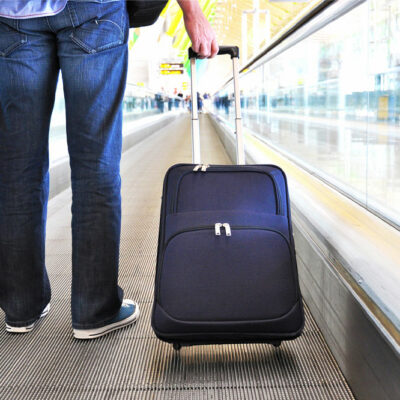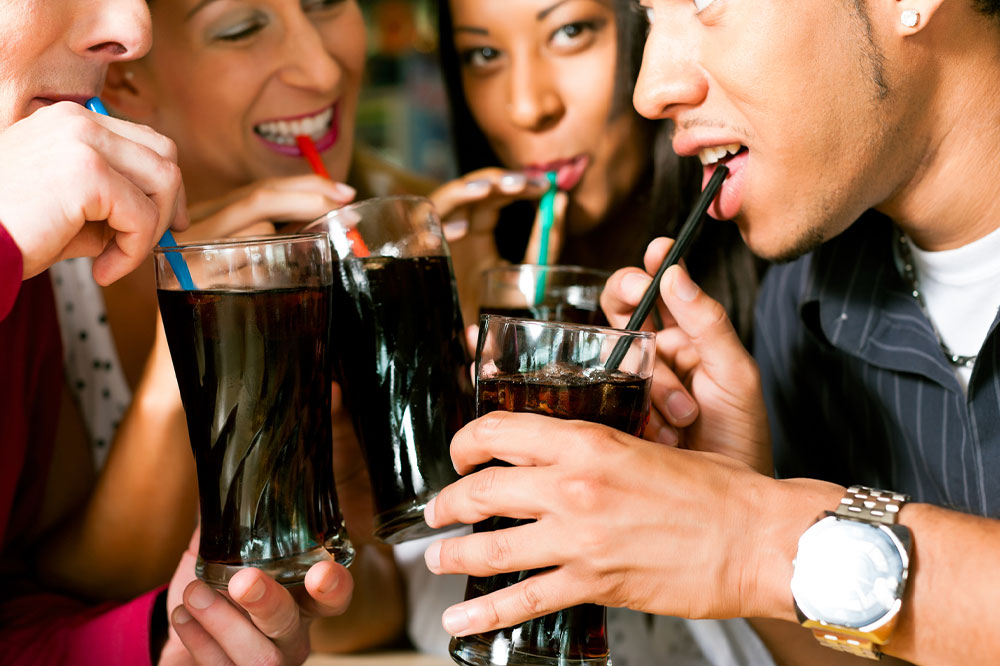16 foods to avoid on a cruise trip

Embarking on a cruise trip with friends and family is exciting. One can explore the open waters, enjoy breathtaking views, participate in fun activities, and visit new destinations. Sailors also get to indulge in a diverse range of cuisines, which becomes an integral part of the journey. However, individuals must be careful about what they eat onboard to avoid falling sick. Here are 16 foods that are best avoided during the trip.
Uncooked eggs
Raw or undercooked eggs may contain Salmonella, an infection-causing bacteria. Therefore, passengers should be cautious and only reach for dishes with cooked eggs or suitable alternatives. This ensures one can safely enjoy the food without putting their health at risk.
Raw seafood
Raw seafood, such as oysters, ceviche, and sushi, can harbor harmful bacteria and parasites. Eating them increases the risk of foodborne illnesses, including norovirus and vibriosis. Opting for cooked seafood varieties, such as grilled fish or steamed shellfish, allows cruisers to enjoy maritime flavors without compromising safety.
Buffet perishables
Perishable items at buffets, mainly those containing mayonnaise, are susceptible to bacterial growth if not stored at proper temperatures. Eating them can lead to food poisoning and gastrointestinal discomfort. Choosing freshly prepared items or those continuously monitored and refreshed by staff reduces the risk of contamination.
Unpasteurized cheese
Unpasteurized cheeses may contain harmful bacteria, such as E. coli and Listeria. These bacteria can lead to severe infections, especially in pregnant women. Therefore, it is best to reach for pasteurized cheese while at sea.
Undercooked meat
Undercooked meat, such as burgers cooked to less than medium doneness, can lead to bacterial infections like E. coli and Salmonella. Opting for fully cooked meat options reduces the risk of foodborne illnesses and ensures a safer culinary adventure.
Sugar-laden desserts
Too many sugary treats may contribute to energy crashes and other health issues during the journey. Therefore, it is best to moderate one’s dessert intake. Individuals can enjoy fruit-based desserts or smaller portions of sweets to minimize adverse health impact.
Rare burgers
Burgers should be cooked to at least medium doneness to eliminate the risk of bacterial contamination of ground meat. Eating undercooked burgers can lead to E. coli infections and other foodborne illnesses. Sailors can prioritize safety and satisfy their taste buds by opting for fully-cooked burgers.
Shellfish
Shellfish sourced from certain regions may have higher levels of toxins, increasing the risk of health complications. Contaminated shellfish can result in paralytic or neurotoxic shellfish poisoning. Following onboard recommendations and avoiding shellfish in regions with known risks minimizes these health concerns.
Uncooked hotdogs
Undercooked or uncooked hotdogs pose the risk of bacterial contamination, which can cause illnesses like listeriosis. Ensuring hotdogs are thoroughly cooked at a proper temperature minimizes this risk and lets one enjoy the journey.
Unregulated local beverages
Unregulated or homemade beverages may lack proper sanitation standards, increasing the risk of foodborne illnesses. Choosing commercially bottled or prepared beverages reduces the risk of contamination and ensures a safer exploration of local flavors.
Unwashed raw vegetables
Raw vegetables, when not thoroughly washed, can harbor contaminants and lead to foodborne illnesses. Therefore, one should opt for salads from reputable dining venues that follow proper washing practices. This approach ensures both safety and the enjoyment of fresh produce.
Ice cream at unregulated stands
Ice cream from unregulated stands may pose contamination risks, leading to gastrointestinal issues. Choosing ice cream from established vendors or ship-provided options ensures a delightful treat without compromising health.
Uncooked sprouts
Sprouts can harbor harmful bacteria if not cooked and stored correctly. One should opt for cooked sprouts or avoid them altogether to reduce the risk of illnesses during the cruise journey.
Unpasteurized fruit juices
Fruit juices are tasty and refreshing. However, the unpasteurized varieties may contain harmful bacteria, posing a risk of foodborne illnesses. Opting for pasteurized or commercially packaged fruit juices ensures safety.
High-mercury fish
High-mercury fish like shark or swordfish can lead to mercury poisoning, impacting neurological health. When at sea, one may enjoy low-mercury fish, like salmon or shrimp, to avoid the risk of illnesses.
Barbecue at unregulated stalls
Eating barbecue at unregulated stalls during port visits may pose health risks. These stalls may follow substandard cooking practices, increasing the risk of food contamination. Choosing established vendors or ship-provided barbecue options is a wise decision.
Besides staying away from these foods, cruise passengers should avoid patronizing self-service stations. It is always advisable to visit well-maintained food stations that use protective covers and utensils. Prioritizing hygiene ensures one can stay safe during the trip while enjoying the cuisines they love.
Sailors should also avoid purchasing food from unregulated street vendors while at a port. Unregulated street food vendors may not follow proper hygiene standards, increasing the risk of foodborne illnesses. Contaminated food can lead to stomach infections, diarrhea, and other gastrointestinal issues. Therefore, visiting established restaurants or thoroughly vetted local eateries is advisable.
Lastly, passengers should avoid drinking tap water while visiting ports. Untreated tap water poses the risk of waterborne illnesses, such as traveler’s diarrhea. One should always drink bottled or ship-provided water. It is also advisable to avoid ice made from unknown water sources as it can lead to health issues.
















